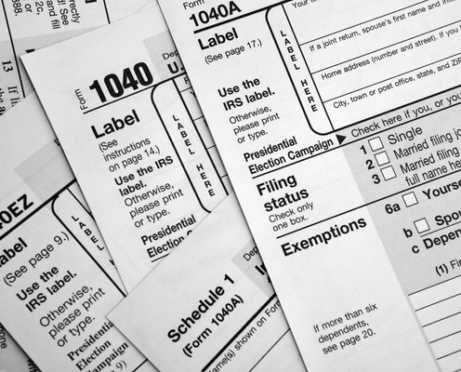
It is safe to say that COVID-19 impacted the finances of every American. It was a tsunami that swept up everyone. Economic impacts were far from even, however, and financial recovery even less-so.
People with secure jobs or pensions and decreased expenses and spending opportunities saved more and/or reduced debt. Others who lost income struggled (and are still struggling) to pay bills and buy food. Some industries (e.g., e-commerce) did well, while others (“face-to-face” businesses and travel) did not.
Now that more than half of the country’s population has received at least one dose of the vaccine and job openings are increasing, there is increasing attention being paid to post-pandemic financial recovery, both for the economy as a whole and for individuals and households.
We have moved from a year of contraction (2020) to a year of economic rebound (2021).
Below are eight recommended financial recovery steps that I heard recently at webinars:
Replenish Emergency Savings
Set a final goal (e.g., three to six months’ of essential expenses) and identify interim progress points along the way (e.g., 25 percent and 50 percent of the final goal amount).
Even if it takes months — or even years — to replenish savings that kept you afloat during COVID-19, any small savings amounts are better than saving nothing.
Replenish Retirement Accounts
Consult with your employer’s HR department or plan custodian about steps to repay what you borrowed from a tax-deferred employer retirement savings plan such as a 401(k) or 403(b) plan.
Like emergency fund replenishment, this will likely be done in a series of small steps.
Adapt to Changes in Your Mindset
Consider what the COVID-19 “experience” has taught you. For some people, their takeaway is that “life is too short” and they want to move up a planned workplace exit date.
For others, the pandemic might have exposed a lack of sufficient financial resources with a desire to work longer before retirement.
Assess Where You Are Now in Your Financial Recovery
Prepare a net worth statement (assets minus debts) to get a current “snapshot” of your finances. Your net worth will reflect both the status of your finances pre-pandemic and how your job/income and household expenses were affected.
Update your net worth at least annually to track your financial recovery over time.
Build Savings Momentum
Consider doing a monthly or annual savings challenge to provide structure for the process of saving money for emergencies or financial goals.
Another great way to build savings momentum is to automate savings through an employer retirement savings plan or automatic payroll deductions for a credit union savings account.
Plan Around Pent-up Demand
There is a lot of pent-up demand for travel, entertainment, dining out, and purchases that people put on hold. Try to work around product shortages, shipping delays, and price increases that occur when items are in short supply.
Examples: Time-shift travel dates from peak to off-peak times and buy American made products.
Invest in Yourself For Financial Recovery
Consider taking courses and/or developing skills that will increase your value as an employee, a new hire, or an entrepreneur. Many people are starting “side hustles” to have another stream of income “just in case.”
Plan for Post-Moratorium Bill-Paying
Now is the time to plan to reintegrate expenses into your household budget that have been on hiatus for as long as 18 months.
Examples include rent, utilities, mortgage payments, and student loan payments. This will probably require reductions in fixed and/or flexible expenses to work suspended payments back in.
Expect Some Transformational Changes in Financial Recovery
Consider the impact of transformational changes noted by James Hughes, Ph.D., of Rutgers University at a recent meeting of the N.J. Coalition for Financial Education.
These include increased the prevalence of remote work, a rise in e-commerce and decrease in brick-and-mortar retail stores, more “last mile” delivery stations (often at vacant malls), a decreasing blind acceptance of long commutes, and new office ecosystems with hybrid work models.




